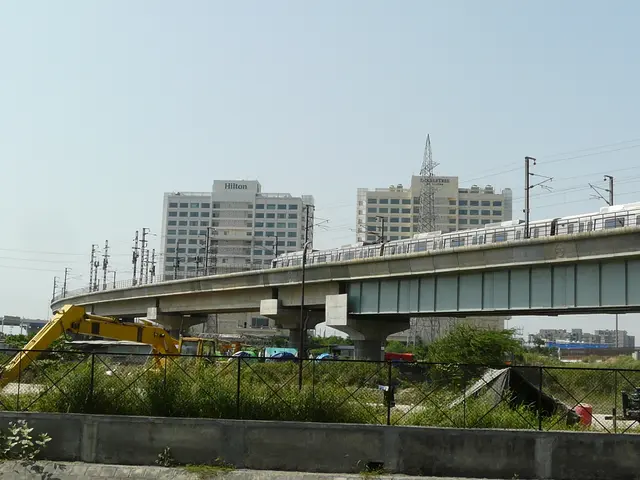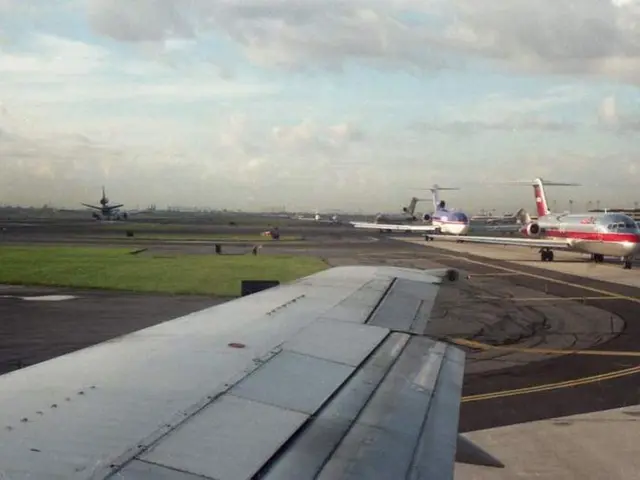Nations, including Pakistan, China, and Afghanistan, pledge collective action against terrorism
In a significant move towards regional integration and economic growth, China, Pakistan, and Afghanistan have agreed to extend the China-Pakistan Economic Corridor (CPEC) into Afghanistan. This decision was finalized during the Sixth Trilateral Foreign Ministers’ Dialogue held on August 20, 2025, in Kabul.
The extension of CPEC aims to enhance trade, transit, development opportunities, and regional connectivity by linking Afghanistan more closely with regional markets. The foreign ministers of the three countries—China’s Wang Yi, Pakistan’s Ishaq Dar, and Afghanistan’s Amir Khan Muttaqi—reaffirmed their commitment to this expansion, emphasizing cooperation in political, economic, and security sectors.
Alongside extending CPEC, the parties pledged to strengthen joint efforts against terrorism and drug trafficking. Pakistan and Afghanistan agreed to improve coordinated security efforts to stabilize the region. Despite the challenges, particularly related to the security situation and historically tense Pakistan-Afghanistan relations, there is optimism that internal security for project implementation might be less problematic than before, given the Taliban's endorsement of the CPEC extension.
For China, extending CPEC to Afghanistan complements its broader Belt and Road Initiative goals, marking a critical step in regional connectivity and economic integration. For Afghanistan’s Taliban government, this represents a potential boost in trade, development, and international legitimacy.
While the trilateral agreement sets a political framework, actual project implementation depends on improving bilateral relations, ensuring security on the ground, and detailed planning. The pace of extension and infrastructure development into Afghanistan is expected to be gradual, reflecting the complex political and security dynamics in the region.
In other developments, Pakistan has experienced an increase in cross-border terror incidents since 2021, particularly in the provinces of Khyber Pakhtunkhwa and Balochistan. In response, DPM Dar urged the Taliban government in Kabul to take concrete and verifiable measures against terrorist entities such as the banned Tehreek-e-Taliban Pakistan (TTP), the Balochistan Liberation Army (BLA), and Majeed Brigade.
DPM Dar made this demand during a meeting with Afghanistan's Acting FM Muttaqi, on the sidelines of the 6th trilateral meeting of the foreign ministers in Kabul. Most decisions from recent interactions, including visits and the Beijing meeting, have either been implemented or are nearing completion, significantly strengthening Pakistan-Afghanistan relations.
Both ministers expressed satisfaction with the positive trajectory of bilateral relations between their countries. They welcomed the recent elevation of diplomatic representation between the two countries from chargé d'Affaires to ambassadorial level. The talks focused on political, economic, and security cooperation.
In July, there was a slight increase in terrorist attacks in Pakistan after a brief decline the previous month, resulting in 101 fatalities and 150 injuries, according to the Pakistan Institute for Conflict and Security Studies (PICSS). Despite these challenges, the commitment to regional cooperation and economic integration remains strong, as evidenced by the extension of CPEC to Afghanistan.
Read also:
- United States tariffs pose a threat to India, necessitating the recruitment of adept negotiators or strategists, similar to those who had influenced Trump's decisions.
- Weekly happenings in the German Federal Parliament (Bundestag)
- Southwest region's most popular posts, accompanied by an inquiry:
- Discussion between Putin and Trump in Alaska could potentially overshadow Ukraine's concerns








